
These tips may only be small, but every little helps when it comes to saving the planet.
Earth Day is a global movement that shines a light on serious environmental problems we’re facing – from the climate crisis to deforestation. And while every day is technically a day to be kind to the planet, now’s the perfect opportunity to educate yourself (and those around you) on environmental issues, and start implementing new, eco-friendly habits into your daily life wherever possible.
This year’s Earth Day theme is ‘Restore Our Earth’, which focuses not only on the need to reduce our impact on the planet as we recover from the effects of Covid-19, but also how we can play a role in repairing the damage we’ve done.
We're sharing 10 simple tips to become more sustainable every day of the year, not just Earth Day.

1. Switch appliances off at the wall
It’s a pain, isn’t it, to switch things off at source when you have a remote control to do just that? The thing is, remotes don’t switch things off, they leave appliances on standby. And the problem with standby mode is that it still uses electricity. New legislation means that newer appliances use a lot less electricity when left on standby, but an old TV can use as much as 106kWh a year. When you add this on top of all your other appliances, it’ll quickly add up — both in terms of your bill and the impact on the environment.
This can easily be rectified by simply turning appliances off at the wall as soon as you finish using them. It takes seconds and can make tangible improvements to your carbon footprint.
2. Explore your local farmer’s market
Getting fresh produce locally is a great way to cut down on food miles incurred from importing foods into supermarkets. It also means you buy food that’s in season, which is better for the environment and more sustainable than mass-produced fruit and vegetables found in supermarkets. It also makes a great day out, and helps with regenerating the local economy. A win-win!
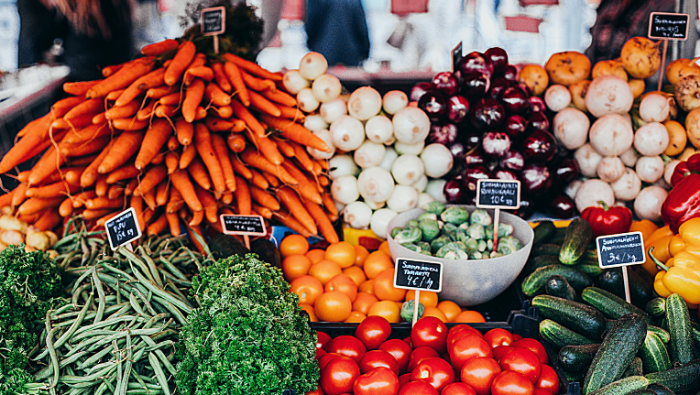
3. Create an indoor herb garden
One of the easiest ways to shake up any meal is to add fresh herbs. However, bunches of herbs are often sold in plastic packaging, with a use-by date of less than a week of purchase. It’s economically and environmentally much better to buy a plant of coriander, for instance, than to buy a packet every time you shop. Herb plants are super easy to maintain and if you’re really keen, why not branch out into a chilli plant once you get the hang of it?
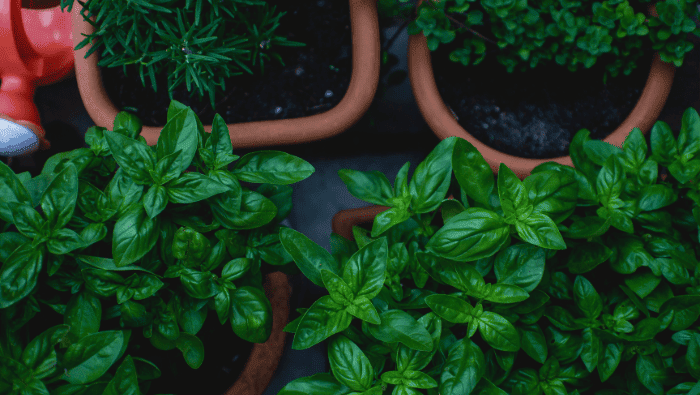
4. Try a new mode of transport
One of the most convenient ways of getting from point A to point B is by car, but if you often drive around solo, that's a lot of carbon dioxide being emitted into the air on a yearly basis. It's what makes up most of the greenhouse gases, which ultimately leads to global warming. Whenever possible, bike or walk to your destination. Your health will thank you for it too!

5. Ease yourself into eating less meat
Deciding one day to eliminate animal produce from your diet is a huge decision, and while some people may take it in their stride, for others, it's a pretty intense thing to do without working up to it. If switching to a fully plant-based diet seems daunting, you can still make a positive impact. By simply dedicating two days a week to plant-based eating, you can save roughly 2,200 gallons of water, 60 sqft of land and 40 lbs of CO2 - over a one-year period.
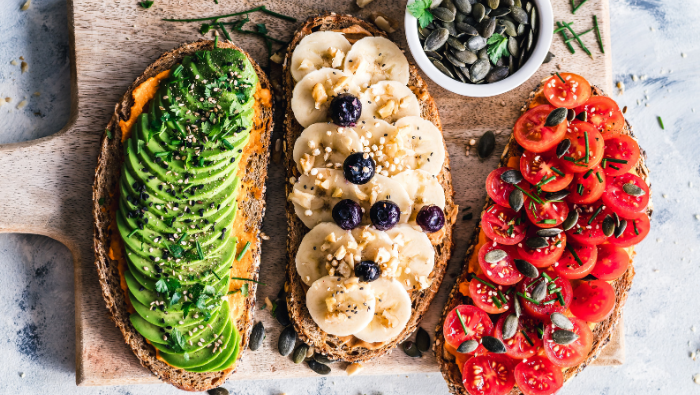
6. Switch energy supplier
This one won’t take too much time or thought, but will have lasting positive implications. Choosing a green energy supplier is a straightforward way to reduce your carbon footprint, as well as your energy bills. Green energy suppliers offer electricity generated from renewable sources - like solar, wind and hydro – which puts an end to the production of greenhouse gasses, most notably the CO2 that causes global warming.
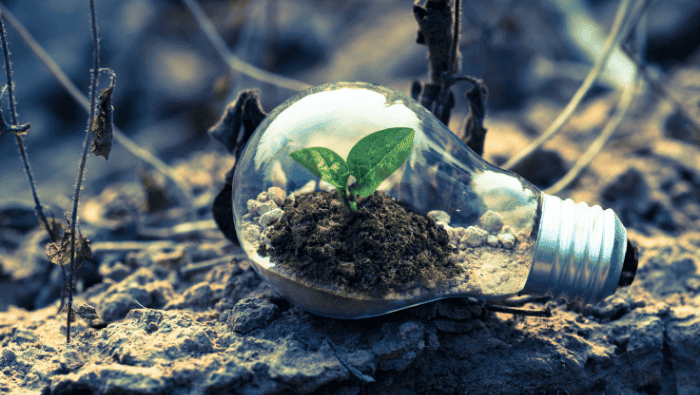
7. Waste less food
Producing enough food to feed the world’s growing population is an energy intensive process however we look at it. Changing our diets makes a massive difference, but so can being aware of how much food we’re wasting. Around a third of all food produced for human consumption is wasted annually. In the UK, that translates to about 8 million tonnes per year and the average UK family loses £470 due to wasted food annually. Here’s how you can reduce your food waste:
Plan your meals then make (and stick to) a shopping list
Use your freezer to prolong your food’s shelf life
Donate any spare food to a local foodbank
- Ensure you’re not throwing out perfectly good food because you think it’s out of date.
8. Reduce, reuse, recycle
It’s easier than ever to do these three things. Go paperless with your mail, and reuse any plastic bags, gift wrapping, or any glass bottles, jars and containers that you have. And, recycle wherever you can. You can now recycle pizza boxes, and cardboard with grease stains — our efficiency with recycling is always growing, so take advantage of it!
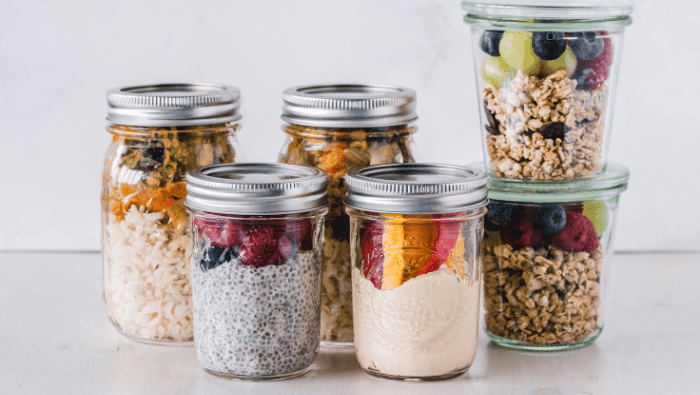
9. Shop smart for clothes
Being more conscious of where you buy your clothes from is an easy way to be more sustainable. Branch out more into second-hand clothes and accessories. Making an effort to avoid fast fashion and looking for more sustainable clothing can be an accessible way of making your shopping habits greener.
10. Steer clear from plastic bottles, plastic straws and paper cups
So, you’ll have definitely heard this one by now, but there’s a reason it’s shared so much… they are amongst the easiest things to avoid. Investing in reusable bottles, cups and straws is a great way to help save our oceans, and some cash as many retailers will give you money off your purchase if you provide your own.
Summary
Earth Day might only be one day a year, but these tips are important to keep in mind each and every day. We’re not saying you should go and implement all these environmental actions at once, but if you gradually introduce them into your lifestyle, hopefully by the next Earth Day we’ll see a difference!
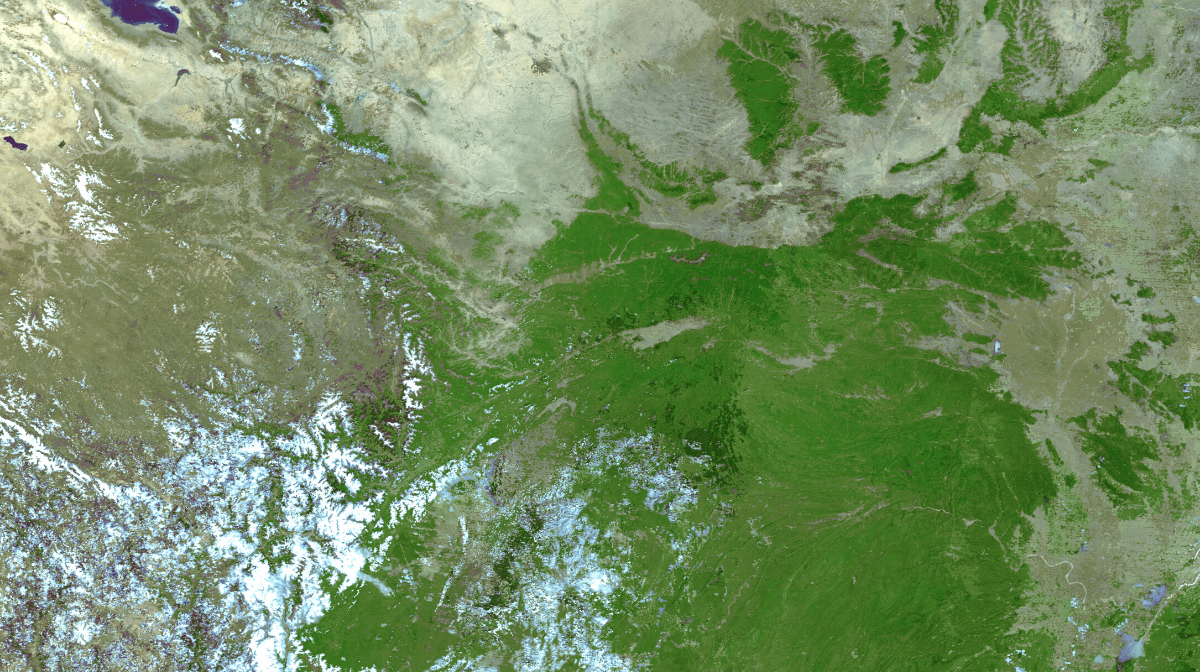
6 Ways Veganism Helps the Environment | With Lara Jackson
Join Zoologist and Conservation Biologist Lara Jackson as she shares the top 6 reasons why going plant-based can be the best thing you do to help protect the planet's biodiversity.
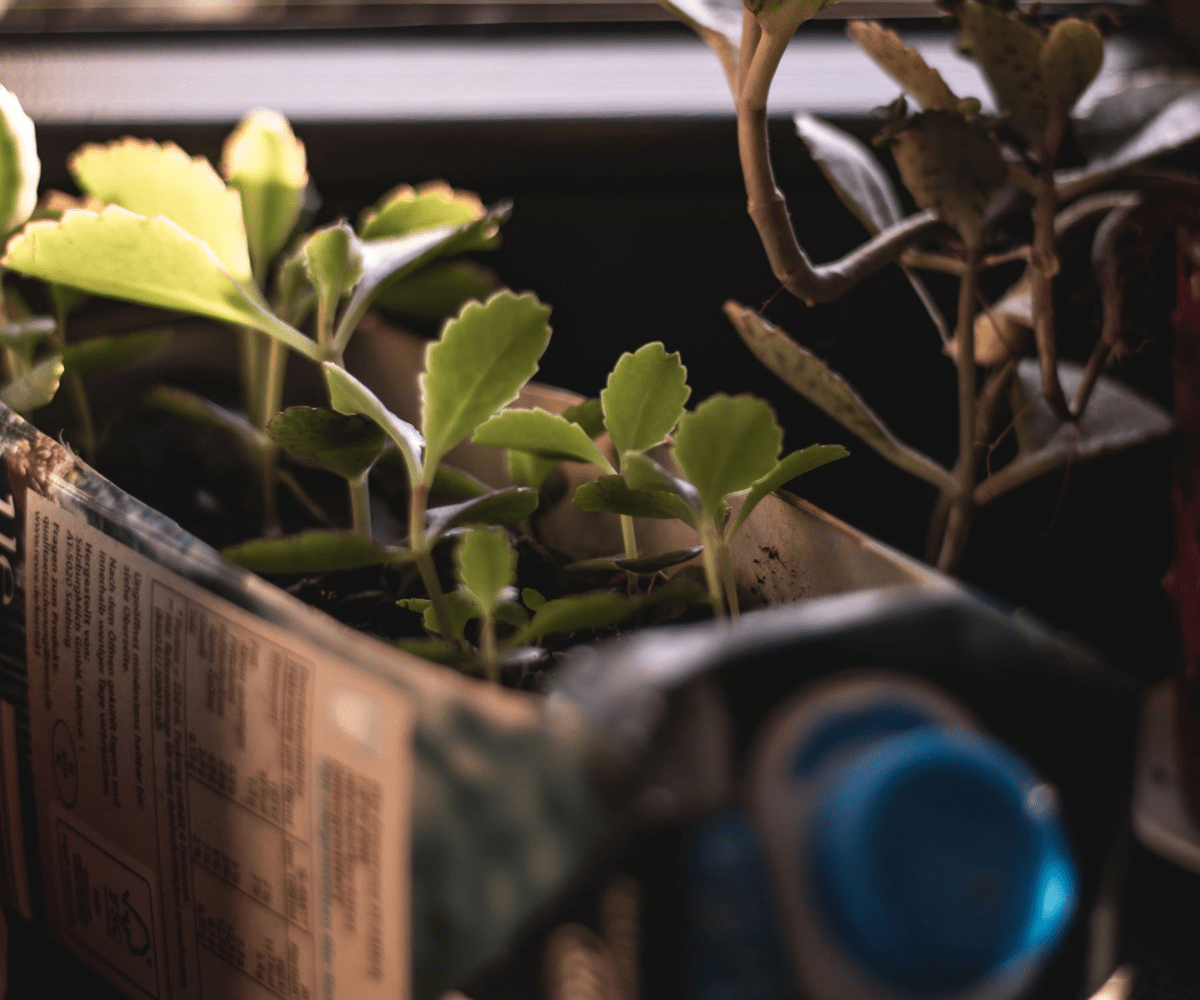
What is Upcycling? | From Trash to Treasure
Our environmentally-conscious culture is beginning to exert a positive shift towards becoming more sustainable by sharing innovative solutions such as upcycling. Check out this article for the best upcycling tips and tricks, including how you can reuse your Myvegan packaging!









